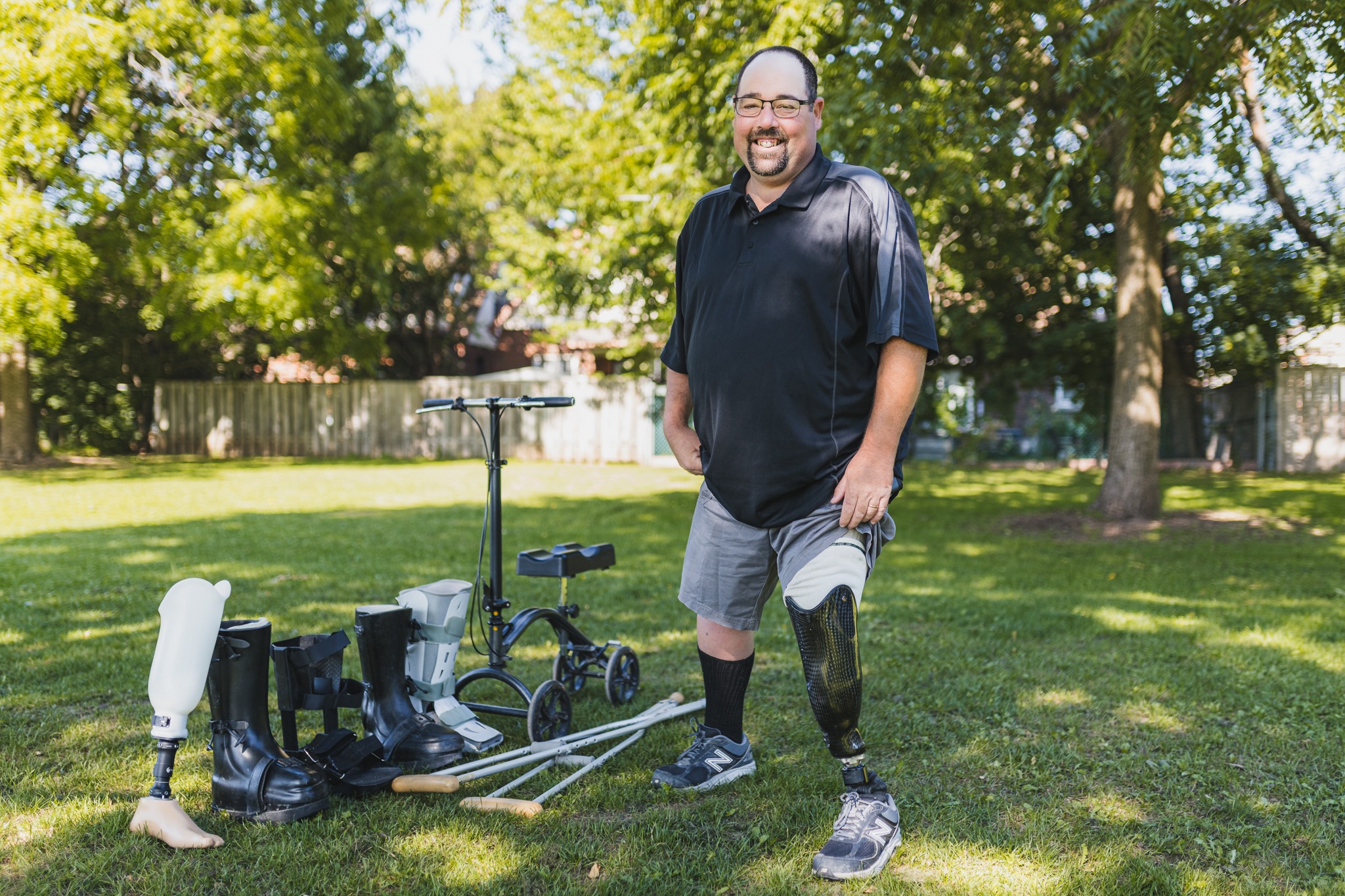
Managing diabetes to reduce risk of stroke
November is diabetes awareness month and Hamilton Health Sciences’ (HHS) Stroke Prevention Clinic and Diabetes Care and Research Program have come together to review the risks and management of diabetes.
Watch this video with Dr. Kelvin Ng, stroke specialist at HHS and Dr. Hertzel Gerstein, endocrinologist and medical director of the Diabetes Care and Research Program at HHS.
What is diabetes?
Diabetes is a disease that is diagnosed when a person’s sugar level, or glucose, in the blood is too high and the body is not able to keep the sugar levels normal. The body needs glucose for energy in order to function.
Diabetes is a major concern in Canada as people’s lifestyles are becoming increasingly sedentary with poor diets. One in 10 Canadians have diabetes. It’s particularly shocking that one in three Canadians have diabetes and are not aware of it or are at risk of developing diabetes later on in life.
The risk of stroke
Diabetes is one of the major risk factors for stroke, along with hypertension – also known as high blood pressure – and smoking. Those with diabetes have twice the risk of developing heart disease and stroke. And, one in two patients who have a stroke have diabetes or are at risk of developing diabetes.
While people don’t cause their own diabetes, they are responsible for their own treatment and management. But this doesn’t have to be done alone. Health experts have a great understanding of diabetes and there have been many advancements in technologies and treatments over the past decade.
Diabetes management
It’s best for anyone with diabetes to learn as much as possible about the disease, what it means for you, how it affects your life and what you can do in order to treat it.
Part of the treatment of diabetes includes modifications of physical activity and dietary changes. These aren’t major, but require thought, advice and planning. In addition, there are a wide variety of medications that can be used at different times throughout the course of the disease to help control glucose levels and to help reduce the long-term risk of heart disease, strokes, kidney disease, eye disease and many other of the consequences of diabetes.
Diabetes is so common that very few people see a diabetes specialist. While many family physicians know a lot about managing diabetes, when it surpasses their level of expertise they can easily refer patients who need additional support to one of the diabetes programs around the country such as the one here at Hamilton Health Sciences.
Learn more about referrals to HHS’ Diabetes Care and Research Program.



